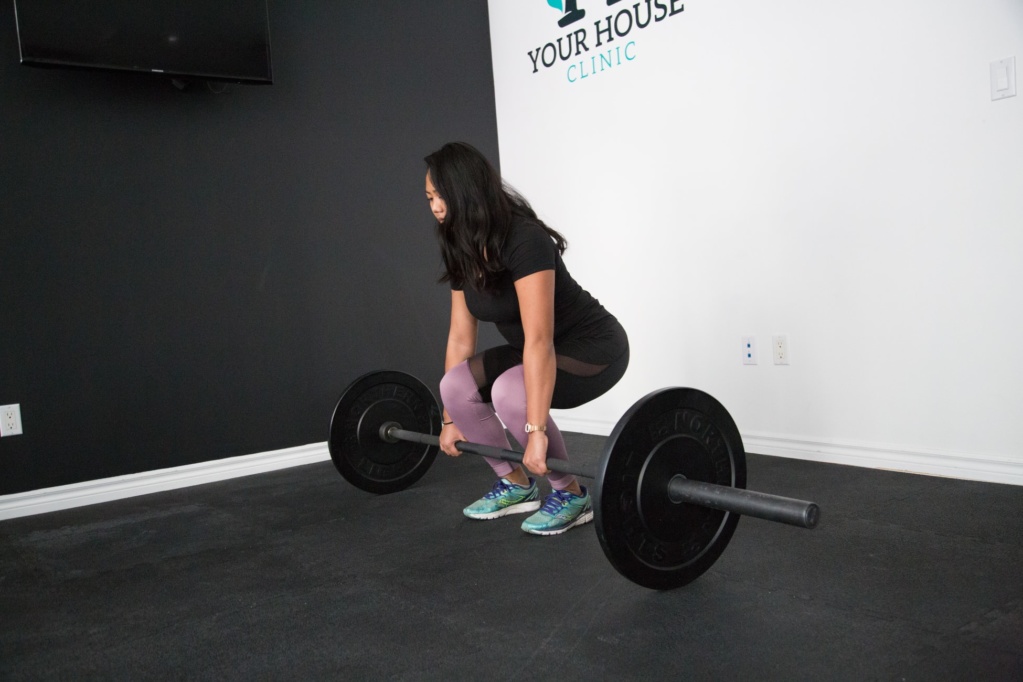
At what point does pressure become danger?
There’s a reason that a common parlance of exercising is “no pain, no gain.” Exercise, even if you’re doing it right, tends to hurt a pretty decent amount. That’s just how it is; can’t rebuild those muscles bigger and stronger if you don’t tear ’em up first. But while a decent amount of pain and exhaustion is to be expected from any workout routine, the pain should follow very particular patterns. You run, your legs hurt, you lift, your arms hurt, and so on. It’s when you start feeling pain outside those norms that you might want to cut your workout short and rest.
When you’re exhausted, you’re obviously going to start taking deeper, maybe slightly haggard breaths. That’s normal; what’s not normal is genuine shortness of breath. Even if your breathing takes a hit, you can usually catch it properly by dialing it back for a moment. If you experience persistent shortness of breath even after calming down, that may be a sign of a respiratory problem. You should also be careful of tight feelings in your chest, as that can also imply a problem with your lungs, as well as your heart.
Speaking of illnesses, you also shouldn’t try to push yourself too hard if you’ve just recently recovered from some kind of illness. Even if you’re not overtly sick anymore, your body may still be diverting its resources toward recovery, a process that you’re going to make harder if you start physically exerting yourself.

These aren’t the most common occurrences, admittedly, but the one thing you should watch out for the most is sudden, sharp pains, especially in spots that you’re working. That kind of pain may be a sign of a pulled or strained muscle, and if you don’t stop immediately, you risk severely injuring yourself. Remember, you’re not a quitter for preemptively stopping a workout if it’s in the greater interest of your health.




